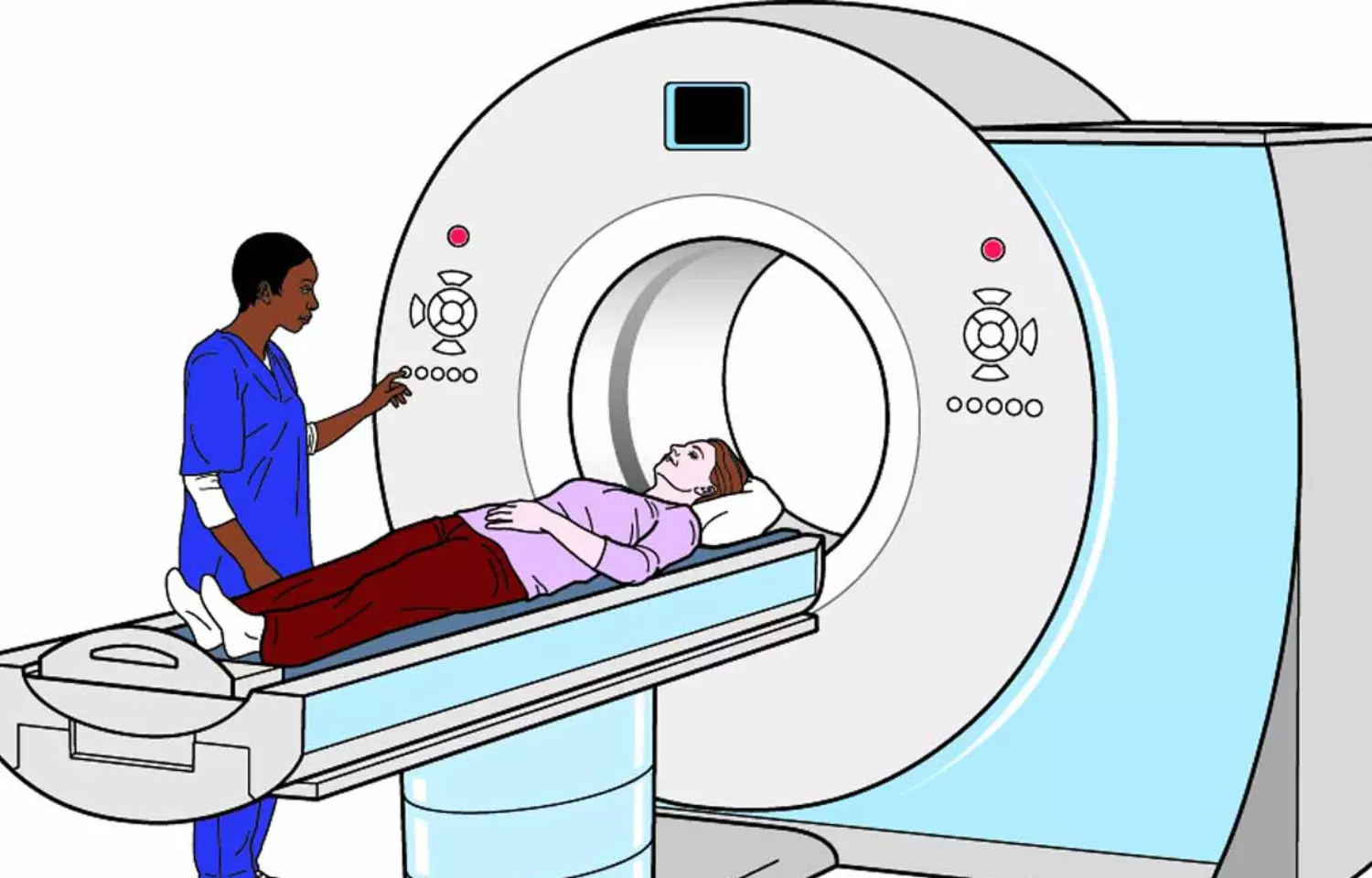- Home
- Medical news & Guidelines
- Anesthesiology
- Cardiology and CTVS
- Critical Care
- Dentistry
- Dermatology
- Diabetes and Endocrinology
- ENT
- Gastroenterology
- Medicine
- Nephrology
- Neurology
- Obstretics-Gynaecology
- Oncology
- Ophthalmology
- Orthopaedics
- Pediatrics-Neonatology
- Psychiatry
- Pulmonology
- Radiology
- Surgery
- Urology
- Laboratory Medicine
- Diet
- Nursing
- Paramedical
- Physiotherapy
- Health news
- Fact Check
- Bone Health Fact Check
- Brain Health Fact Check
- Cancer Related Fact Check
- Child Care Fact Check
- Dental and oral health fact check
- Diabetes and metabolic health fact check
- Diet and Nutrition Fact Check
- Eye and ENT Care Fact Check
- Fitness fact check
- Gut health fact check
- Heart health fact check
- Kidney health fact check
- Medical education fact check
- Men's health fact check
- Respiratory fact check
- Skin and hair care fact check
- Vaccine and Immunization fact check
- Women's health fact check
- AYUSH
- State News
- Andaman and Nicobar Islands
- Andhra Pradesh
- Arunachal Pradesh
- Assam
- Bihar
- Chandigarh
- Chattisgarh
- Dadra and Nagar Haveli
- Daman and Diu
- Delhi
- Goa
- Gujarat
- Haryana
- Himachal Pradesh
- Jammu & Kashmir
- Jharkhand
- Karnataka
- Kerala
- Ladakh
- Lakshadweep
- Madhya Pradesh
- Maharashtra
- Manipur
- Meghalaya
- Mizoram
- Nagaland
- Odisha
- Puducherry
- Punjab
- Rajasthan
- Sikkim
- Tamil Nadu
- Telangana
- Tripura
- Uttar Pradesh
- Uttrakhand
- West Bengal
- Medical Education
- Industry
Epicutaneous Immunotherapy patch may effectively manage peanut allergies among Toddlers

EPITOPE trial found that an epicutaneous immunotherapy patch having 250 ug peanut protein has shown a significant response, and there were very low treatment-related anaphylaxis and discontinuations among peanut-allergic children aged 1-3 years. The trial results were published in the journal Annals of Allergy, Asthma & Immunology.
Peanut allergy is very common in children and there are no approved peanut allergy treatments that can be used for children <4 years old. Hence researchers conducted a Phase 3, multicenter, randomized, double-blind, placebo-controlled trial to assess the efficacy and safety of epicutaneous immunotherapy with a patch containing 250 µg peanut protein among peanut-allergic children ages 1-3 years.
In the EPITOPE trial, peanut-allergic children developing symptoms that met the stopping criteria during a double-blind, placebo-controlled food challenge (DBPCFC) were given an eliciting dose (ED) of ≤300 mg peanut protein. They were randomized for 2:1 to 12 months of daily treatment with the peanut patch or placebo patch. There were 244 participants in the peanut patch group and 118 participants in the placebo group with a median age of 2.5 years and nearly 68.8% were male. The primary outcome was the percent difference in responders between active and placebo, based on DBPCFC ED at baseline and 12 months. Treatment-emergent adverse event (TEAE) rate was used to assess the safety.
Results:
Of 362 participants randomized, 84.8% completed treatment.
The primary efficacy endpoint was met by 67% receiving active peanut patches vs. 33.5% receiving placebo (difference=33.4%; [p<0.001]).
Additional peanut protein ED ≥1000 mg was received by 64.2% active vs. 29.6% placebo recipients (difference=34.7%; [p<0.001]).
Mild or moderate application site reactions were the major TEAEs.
Serious TEAEs occurred in 8.6% of peanut patches vs. 2.5% of placebo recipients.
Treatment-related anaphylaxis was experienced by 1.6% (n=4) of peanut patch subjects.
Nearly 3.3% (n=8) of peanut patch subjects discontinued due to a TEAE.
Thus, the trial showed a statistically significant response for twelve months of epicutaneous immunotherapy patch having 250 µg peanut protein when compared with a placebo among peanut-allergic children aged 1-3 years and also with lower rates of treatment-related anaphylaxis and discontinuations due to TEAEs.
Further reading: Burks A, Sindher S, Wang J, et al. EPITOPE study results: phase 3, randomized, double-blind, placebo-controlled study of epicutaneous immunotherapy in peanut-allergic toddlers. Ann Allergy Asthma Immunol. 2022;125(5):S12. doi: 10.1016/j.anai.2022.08.540
BDS, MDS
Dr.Niharika Harsha B (BDS,MDS) completed her BDS from Govt Dental College, Hyderabad and MDS from Dr.NTR University of health sciences(Now Kaloji Rao University). She has 4 years of private dental practice and worked for 2 years as Consultant Oral Radiologist at a Dental Imaging Centre in Hyderabad. She worked as Research Assistant and scientific writer in the development of Oral Anti cancer screening device with her seniors. She has a deep intriguing wish in writing highly engaging, captivating and informative medical content for a wider audience. She can be contacted at editorial@medicaldialogues.in.
Dr Kamal Kant Kohli-MBBS, DTCD- a chest specialist with more than 30 years of practice and a flair for writing clinical articles, Dr Kamal Kant Kohli joined Medical Dialogues as a Chief Editor of Medical News. Besides writing articles, as an editor, he proofreads and verifies all the medical content published on Medical Dialogues including those coming from journals, studies,medical conferences,guidelines etc. Email: drkohli@medicaldialogues.in. Contact no. 011-43720751




